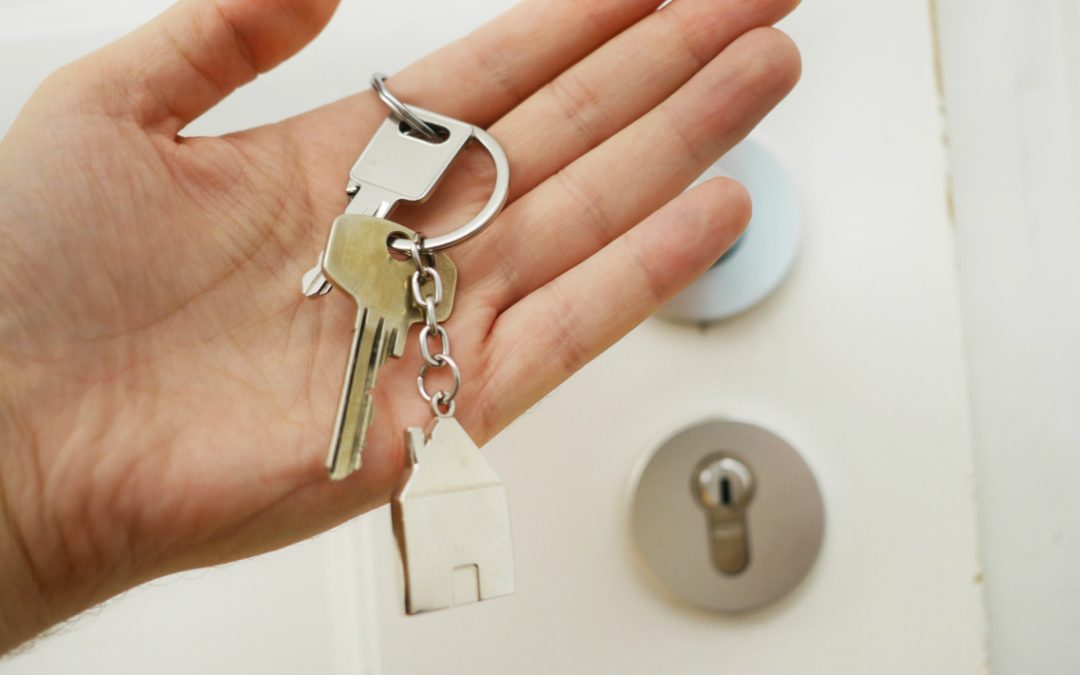
5 Reasons To Refinance Your Loan Right Now
It’s easy to get comfortable with your loan. You know what the payment is, what account it’s taken from or going into, what the amount is and you don’t need to waste time talking to the bank.
But what if you were paying too much for your loan? What if there was a better option?
With interest rates at an all-time low, it’s possible that you are – and we want to share 5 reasons why now might be the right time to refinance your loan.
- You want to take advantage of lower interest rates
Currently the cash rate is at an all-time low and lender rates are as low as 1.98%!
Refinancing for a lower interest rate can not only save you money, it can help you to pay your home loan off sooner.
With lower interest rates comes lower repayments, meaning you end up with more money in your pocket each month. This money could be used for savings or investments – or you can use some of that saved money to make a larger repayment each month, paying your loan off faster.
- You want to consolidate debt
If dealing with your finances feels like a full-time job, it might be time to simplify.
Consolidating debts like your car loan, credit card or personal loan into your mortgage could save you time, stress and money. Credit card and personal loan rates as high as 12% could be reduced to as low as 1.98% by doing this.

- Your current loan doesn’t suit your needs
Whilst your home loan may have suited your needs initially, it might be time for a change.
You may want to switch from a fixed rate to a variable rate (or vice versa) or you may be interested in features that help you pay your loan off sooner, like offset transaction accounts or the ability to make extra repayments.
Perhaps you want to change your repayment frequency, split your loan between variable and fixed rates or want to be able to redraw extra repayments without fees.
Home loans aren’t a one size fits all package and there a huge variety of loans available to suit different needs. When refinancing your loan, we’ll look at what will suit you, your lifestyle and your finances best to ensure your home loan works for you.
- Cash out and add value
This isn’t a lottery win, however, refinancing your loan could allow you to unlock the equity in your home to access additional funds.
This is ideal for homeowners who are looking to build, renovate or invest – but isn’t a decision you should take lightly. It’s important to consider the different options to decide what’s best for you.
Not sure what those options may be? Call us today

- Your loyalty is costing you money
Your lender is likely offering new client better rates than what they are offering you.
Until this changes, it important to refinance you loan every few years to make sure you’re getting the best deal.
How much can refinancing my loan save me?
The answer is different for everyone, however, let’s look at an example.
Client switching from variable to fixed rate:

How do I get started?
Wondering how much you could save by refinancing your loan? We’re here to help. Get in touch with our team to get started.






